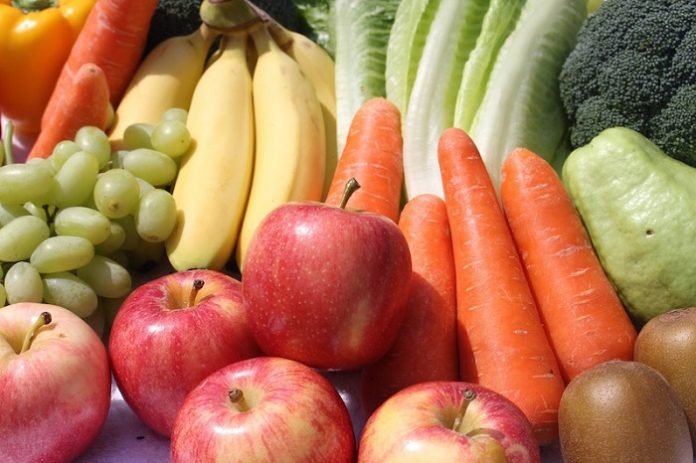
About 1 in 8 women will develop invasive breast cancer over the course of her lifetime.
Researchers have worked on the risk factors for developing breast cancer and the methods to reduce the risk.
One focus is fruits and vegetables, which are full of fiber, vitamins and other biologically active substances.
Healthcare professionals often recommend them to people who want to lose weight. The question is: Will eating more fruits and vegetables lead to less risk of breast cancer?
A study published in BMJ tries to answer this question.
Researchers conducted a longitudinal study, in which more than 90,000 nurses completed a food questionnaire on diet in 1991 and more than 40,000 of them completed a second questionnaire in 1998 about their high school diet.
The study followed these women’s health situation from 1991 to 2013.
Researchers found that eating fruits during adolescence was related to a lower risk of breast cancer. However, there was no relation between fruit intake in early adulthood and cancer risk.
For vegetables, no relation was found between the eating amount and cancer risk in both adolescence and early adulthood.
The researchers then took a closer look and found that women who ate more fruits and vegetables that are rich in alpha-carotene in early adulthood have a lower risk of breast cancer.
Furthermore, women who ate more apples, bananas, and grapes during adolescence and orange and kale during early adulthood have less chance to get breast cancer.
Nevertheless, there is no association between fruit juice and cancer risk.
These results suggest that eating fruits and vegetables are good for women’s health. Moreover, wise food choice in adolescence may be particularly important to prevent breast cancer.
Copyright © 2018 Knowridge Science Report. All rights reserved.



